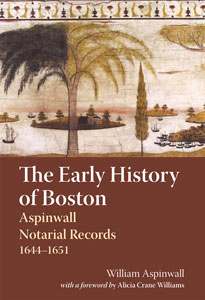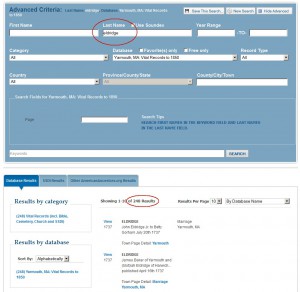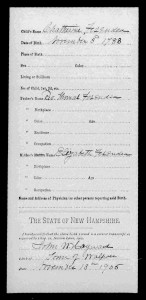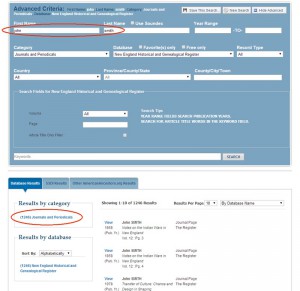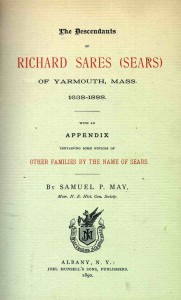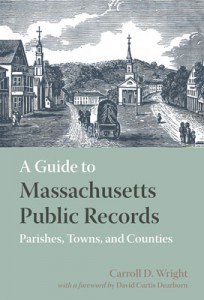 Despite its relatively small size, Massachusetts arguably has the most complete and comprehensive set of records of historical value of any state. Record-keeping began shortly after the first settlements were established, and for the most part the records have survived to a remarkable degree. The records themselves exist at every level of government: state, county, and town.
Despite its relatively small size, Massachusetts arguably has the most complete and comprehensive set of records of historical value of any state. Record-keeping began shortly after the first settlements were established, and for the most part the records have survived to a remarkable degree. The records themselves exist at every level of government: state, county, and town.
By the mid-nineteenth century, agitation grew for establishing a public records commission, such as existed at the time in England, with the power to bring all the Commonwealth’s important records into a single repository. Other parties objected to this idea, both because of the possible expense involved, but mainly because many local officials objected to giving up custody of their records. Continue reading Public Records of Massachusetts Parishes, Towns and Counties


